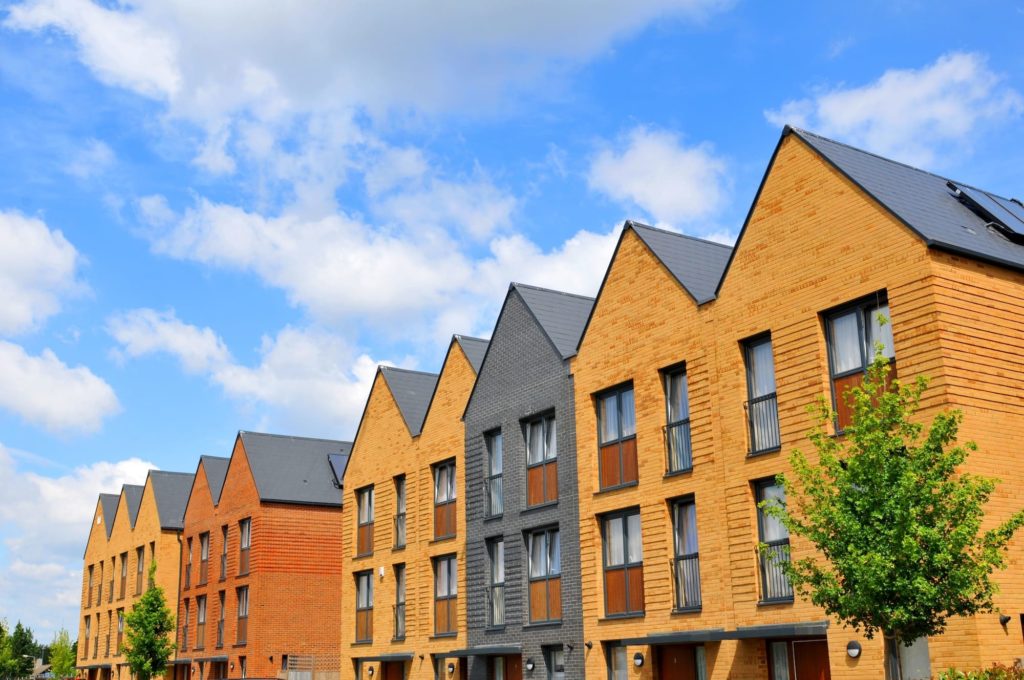Abolition of ground rents moves a step closer but only on new property
Currently, a Leasehold Reform Bill is being debated in parliament that will abolish ground rents charged on all new build property.
Not to be confused with standard monthly rent paid to the owner of the property, ground rent is a rental charge attached to the ground on which the property sits. It is paid annually or half-yearly, and failure to pay can result in the freeholder seeking to obtain possession.
The Leasehold Reform (Ground Rent) Bill will put an end to ground rents for new, qualifying, long residential leasehold properties in England and Wales. This is part of the most significant changes to property law in a generation.
It will be the first of a two-part legislation to reform the leasehold system. This Bill will mean that if any ground rent is demanded as part of a new residential long lease, it cannot be for more than one peppercorn per year (notional value) meaning that future leaseholders will not be faced with financial demands for ground rent. The Bill also bans freeholders from charging administration fees for collecting a peppercorn rent. Fines of up to £5,000 will be levied on freeholders that charge ground rent in contravention of the Bill.
Some leaseholders have experienced ground rents doubling every ten years on top of their mortgage and any service charges, with no prospect of ever selling the property on. Their only way out has been to buy the freehold, only to discover this is yet another area targeted by the profiteers.
Developers, including some household names, have been selling newly built flats (and houses) as leasehold, creating high annual ground rents and including provisions in leases for the rent to be increased – sometimes doubled – after a certain period of time. A number of buyers of this type of property have, quite often, been told by the builder that they would be given the opportunity to buy the freehold at a later time before the builder developing the site, only to find that, when they try to buy the freehold, the builder has already sold it to an investment company. Critics of the bill are rightly complaining that it does not go far enough, because existing leaseholders are not included in the new Bill as it is currently structured.

